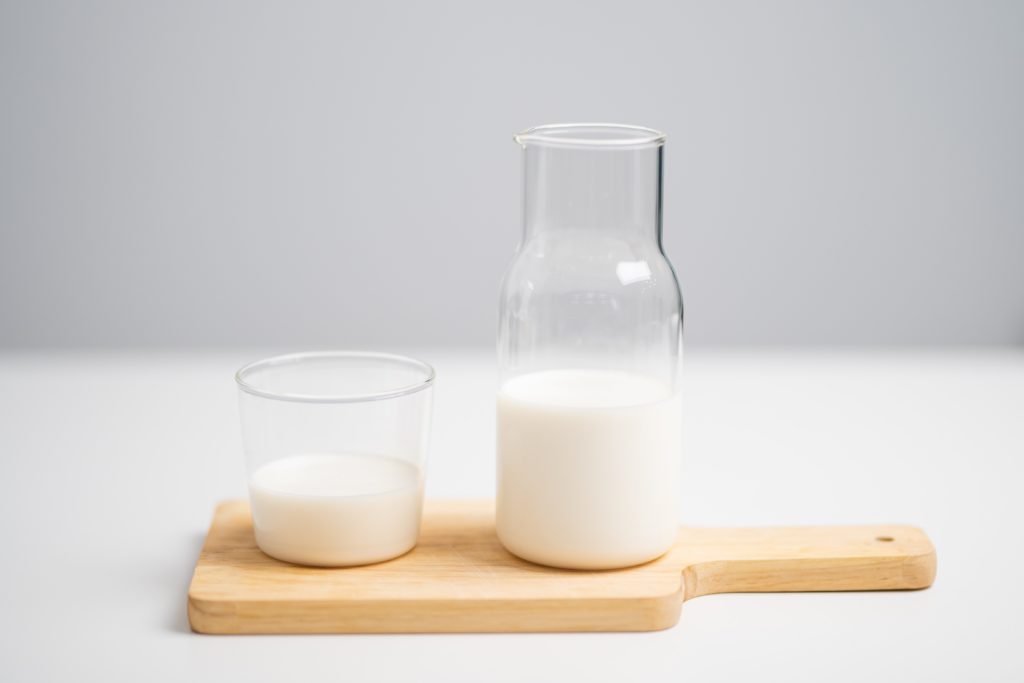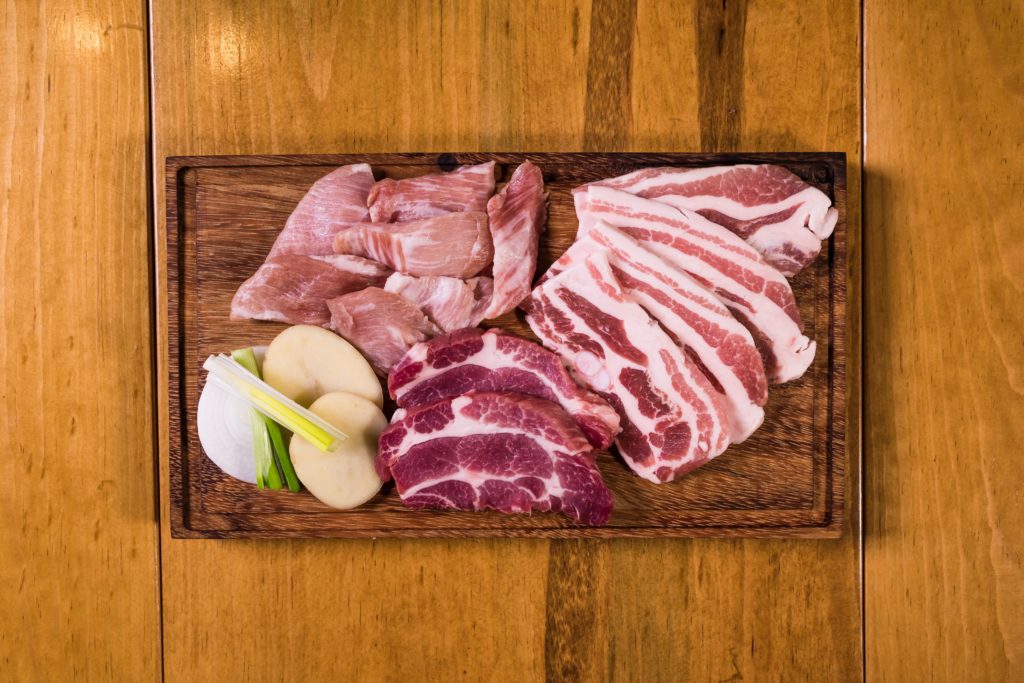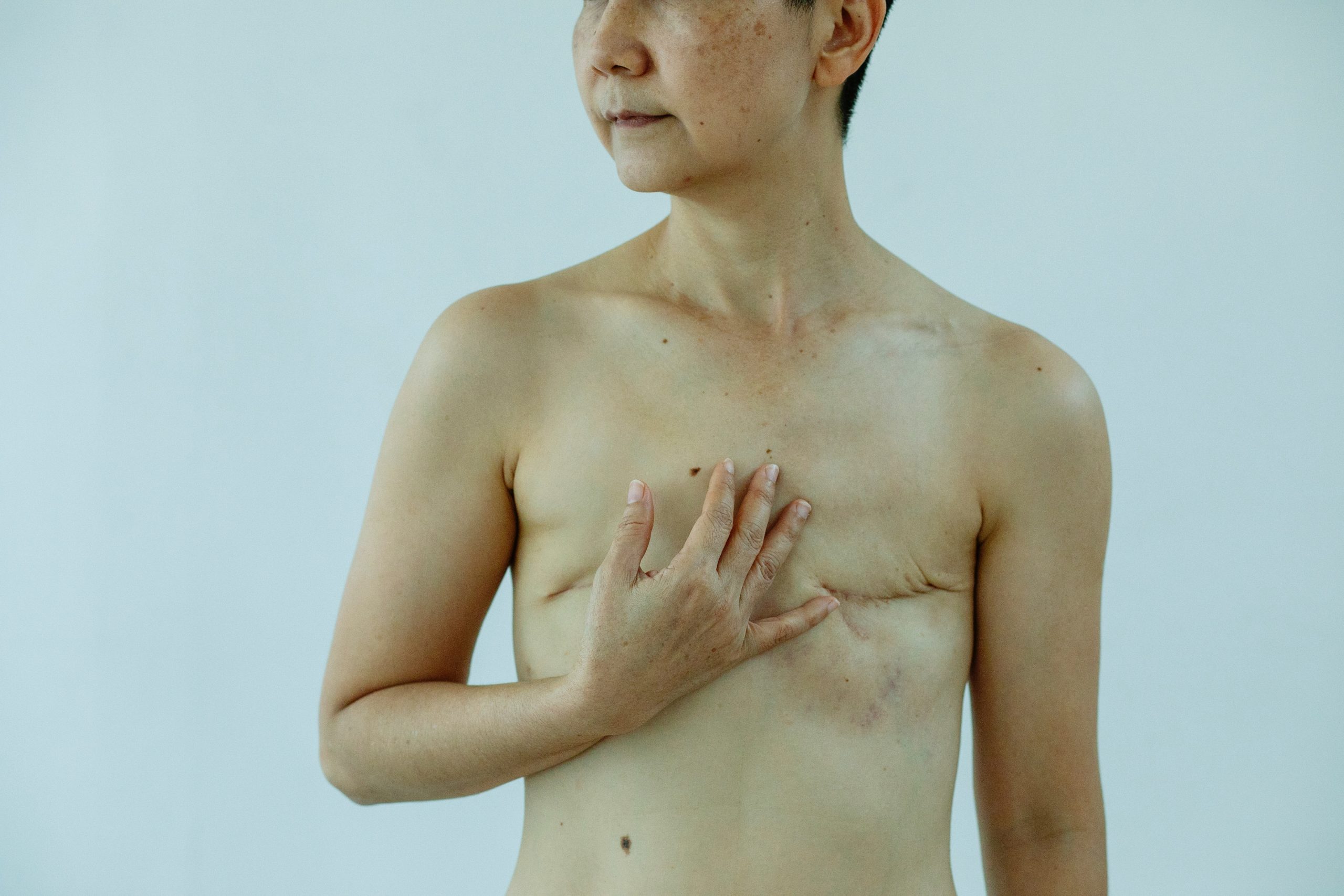First Meat And Now Dairy Is Linked To Higher Risk Of Cancer, in New China Study
4 Mins Read
The first in-depth multi-year study looking at correlations between dairy consumption and cancer rates has been undertaken in China. Findings point to a higher risk of liver and female breast cancer in people eating larger amounts of dairy.
Previous studies have focussed on Western countries and suggested that dairy can lower colorectal cancer likelihood but increase prostate risk. No concrete connections have been made to breast cancer or other varieties. Inconsistent results have been explained by the variety of dairy consumption levels, types of dairy eaten and individuals’ abilities to metabolise the products.

How the study was conducted
A research team from Oxford Population Health at Peking University and the Chinese Academy of Medical Sciences conducted the study. They were looking specifically into whether dairy products affect the risk of cancer in Chinese individuals, using data collected from more than 510,000 individuals. Information was originally collated for the China Kadoorie Biobank Study.
The participants were 59 percent female and 41 percent male, aged between 30 and 79 across ten regions in China, with everybody completing a questionnaire to reveal how often they eat specific foods, including dairy. From here, respondents were grouped as regular dairy eaters (at least once per week), monthly and those who never or very rarely consume dairy. Participants were followed for an average of 11 years.
Alongside dairy consumption, other factors known to affect cancer risk were assessed, including age, wealth, gender, lifestyle factors and other pre-existing conditions. All new cancer cases were recorded, including those that were not fatal. The results were published in peer-reviewed BMC Medicine.

Does dairy increase the risk of cancer?
China does not traditionally enjoy a lot of dairy. Just 20 percent of participants were considered as regular consumers, followed by 11 percent eating it on a monthly basis and 69 percent claiming non-consumer status. Of those that did consume dairy, milk was the primary source, with an average daily amount registered as 38 grams overall and 81 grams in regular consumers. For context, the U.K. average is 300 grams a day.
29,277 new cases of cancer were recorded during the study. The largest proportion was lung cancer, followed by female breast, with 2,582 cases. Stomach, colorectal and liver cancer all racked up more than 3,000 cases. Individuals who regularly ate dairy were found to have a significantly increased risk of breast and liver cancer. For each 50g consumed, the likelihood increased by 17 and 12 percent, respectively. Increased risk of lymphoma was also noted, though not to a significant degree. No correlation was found between dairy consumption and colorectal, prostate or other cancers.

What the findings mean
Liver and breast cancer are the most common forms within China. Both account for more than 350,000 new cases each year and while the new study cannot prove causation linked to dairy consumption, common-sense connections have been made. One explanation is that growth factors contained in dairy might accelerate cell proliferation. Female hormones present in cow’s milk have previously been floated as having a potential impact on breast cancer risk, meanwhile the fats contained therein could impact liver cancer likelihood.
As an added complication, most Chinese individuals cannot effectively metabolise dairy products due to lack of lactase, an enzyme that breaks down the sugar lactose, found in all conventional dairy. This can lead to a process whereby dairy is broken down into core ingredients that can also affect cancer risk. This poses an increasingly large problem, as dairy consumption is on the rise in China.
“This was the first major study to investigate the link between dairy products and cancer risk in a Chinese population,” Dr Maria Kakkoura, nutritional epidemiologist at Oxford Population Health and lead author of the study said in a statement. “Further studies are needed to validate these current findings, establish if these associations are causal, and investigate the potential underlying mechanisms involved.”

Putting animal-based diets under the microscope
The average daily consumption of meat in China is twice the recommended 40 to 75 grams per day. Alongside the ammonia pollution that meat production in such quantities is cited to create, resulting in 90,000 deaths a year, an increase in cancer risk is all but guaranteed as well.
In January this year, the E.U. released a report that connected red meat consumption to cancer risk. As a result, the E.U. Commission has set aside a budget of €170 million to promote green food systems, with red and processed meat heavily reduced or eliminated.
Lead photo by Michelle Leman at Pexels.




